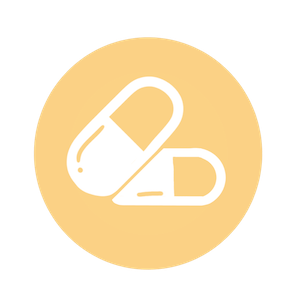Vitamin and supplements
Food guide

Even women who have a healthy diet can miss out on key nutrients. Most doctors, therefore, advise expecting mothers to take vitamin pills and supplements during pregnancy.
Here’s what tops the list and often included in the supplements that recommended by healthcare providers:
Folate and folic acid
Folate is a B vitamin that helps prevent birth defects, neural tube defects, serious abnormalities of the brain and spinal cord. Folic acid supplementation has been shown to decrease the risk of premature birth. The recommended daily dose is usually: 400 to 800 micrograms. In higher risk pregnancies, a doctor may recommend the dose up to 4 milligrams.
Calcium
Calcium helps strengthen the bones for you and your baby, also helps your circulatory, muscular and nervous systems run normally. The recommended daily dose is usually: 1,000 milligrams; pregnant teenagers need 1,300 milligrams a day
Vitamin D
Vitamin D helps promote bone strength and build your baby’s bones and teeth. The recommended daily dose is usually: 600 international units (IU) a day.
Protein
Protein is crucial for your baby’s growth throughout pregnancy. . The recommended daily dose is usually: 70 to 80 grams
Iron
During pregnancy, your body needs iron to make more blood to supply oxygen to your baby and prevent iron deficiency anemia. If you develop iron deficiency anemia, you might become fatigued. Severe iron deficiency anemia during pregnancy also increases your risk of premature birth, having a low birth weight baby and postpartum depression. The recommended daily dose is usually: 20-25 milligrams
What to consume with care:
- Herbal supplement: Consult your health care provider first, as some herbal supplements might be harmful to your pregnancy.
- Multivitamins: Don’t take high-dose multivitamin supplements
- Fish liver oil supplements
- Vitamin A supplements
Good to know:
- Your health care provider might recommend special supplements if you follow a strict vegan diet, have had bariatric surgery or have any chronic health conditions, such as diabetes.
- Consult with your doctor or pharmacist before taking any vitamins to avoid consuming too much of them
Verified:
Dr. Wanwadee Sapmee Panyakat (OB-GYN), license no. 41208 (1 July 2020)



